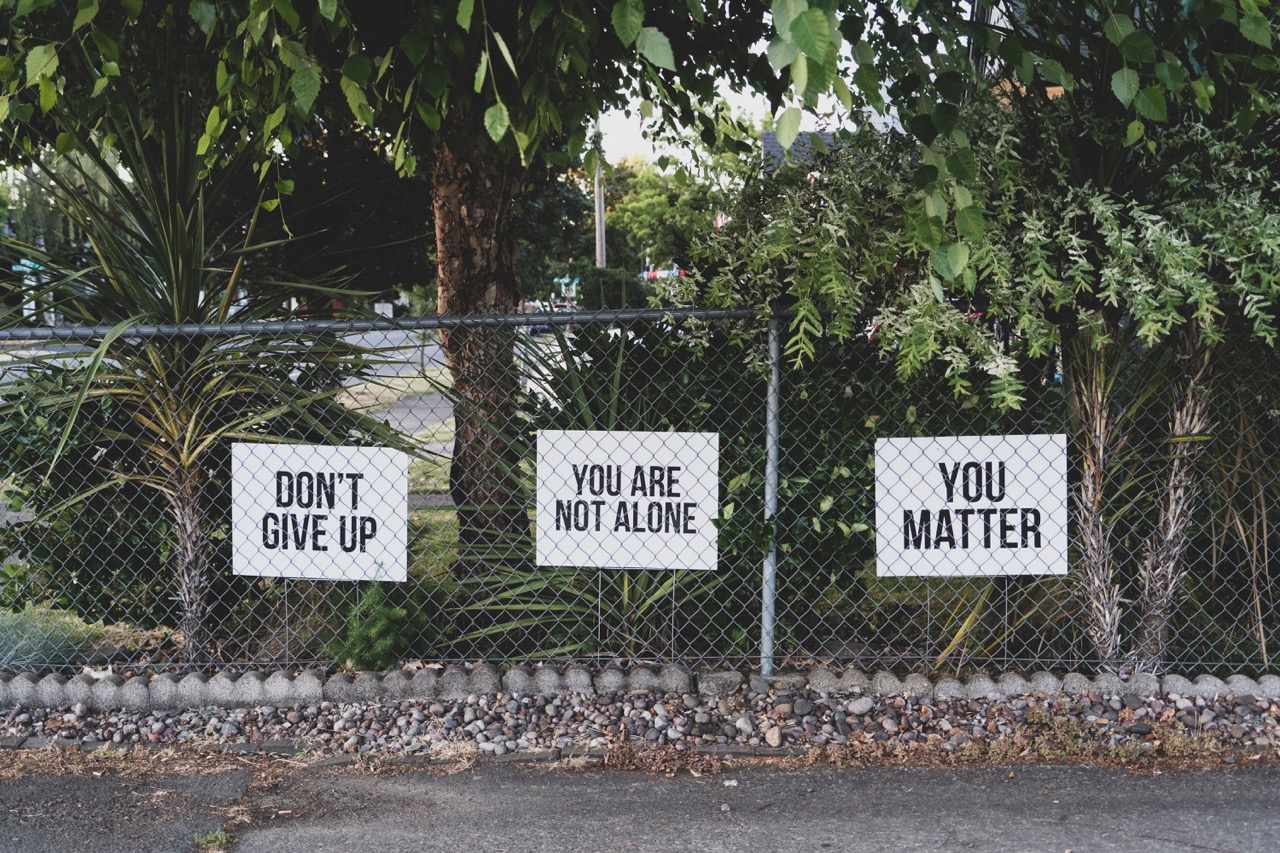Introduction
In a world where self-sufficiency is often celebrated, acknowledging that you need help can be a daunting step. Yet, seeking therapy and asking for assistance when you need it is a courageous act of self-care. In this blog, we’ll explore the common hesitation and self-judgment associated with asking for help and starting therapy. We’ll also provide valuable insights on how to overcome these barriers and take the vital step toward healing and personal growth.
Understanding the Hesitation
- Stigma Surrounding Mental Health: One of the primary reasons people hesitate to seek therapy is the lingering stigma surrounding mental health. Society has often perpetuated the misconception that seeking help for emotional or psychological issues is a sign of weakness. In reality, it’s a sign of strength.
- Self-Judgment: Many individuals judge themselves harshly for needing assistance. They may perceive their struggles as personal failures, believing they should be able to “fix” themselves. This self-criticism can prevent them from seeking the help they need.
- Fear of Vulnerability: Therapy involves opening up about your innermost thoughts and feelings. The fear of being vulnerable, of exposing your true self to a stranger, can be a significant barrier.
Overcoming Hesitation and Self-Judgment
- Normalize Seeking Help: Understand that seeking therapy is a common and courageous step. Millions of people worldwide seek therapy every year. It’s a proactive choice to improve your mental and emotional well-being.
- Challenge Stigmas: Challenge societal stigmas around mental health. Recognize that seeking therapy is no different from seeking medical help for a physical ailment. Your mental health deserves the same care and attention as your physical health.
- Shift Self-Perception: Instead of viewing therapy as a sign of weakness, reframe it as a demonstration of self-awareness and strength. Acknowledge that recognizing your struggles and taking action to address them is a powerful decision.
- Embrace Vulnerability: Understand that vulnerability is not a weakness but a pathway to growth and connection. Therapists are trained to provide a safe and judgment-free space for you to explore your feelings and experiences.
- Research and Choose Wisely: Take the time to research and choose a therapist who you feel comfortable with. Look for someone who specializes in your specific concerns and has a track record of helping others.
- Start with Small Steps: If you’re hesitant about therapy, start with small steps. You can reach out to a trusted friend or family member for support or explore self-help resources. Gradually, you can work your way toward seeking professional help.
- Set Realistic Expectations: Understand that therapy is a process. It’s not a quick fix, but a journey of self-discovery and healing. Setting realistic expectations can help you stay committed to the process.
- Celebrate Your Resilience: Recognize and celebrate your resilience in taking the step to ask for help and start therapy. It’s a significant accomplishment and a testament to your commitment to your well-being.
Conclusion
Overcoming hesitation and self-judgment in seeking therapy and asking for help is a transformative journey. It’s a profound act of self-love and self-improvement. Remember that seeking assistance is not a sign of weakness but a courageous step toward personal growth, healing, and a more fulfilling life. Embrace this journey with an open heart, and you’ll discover the incredible strength that lies within you.


